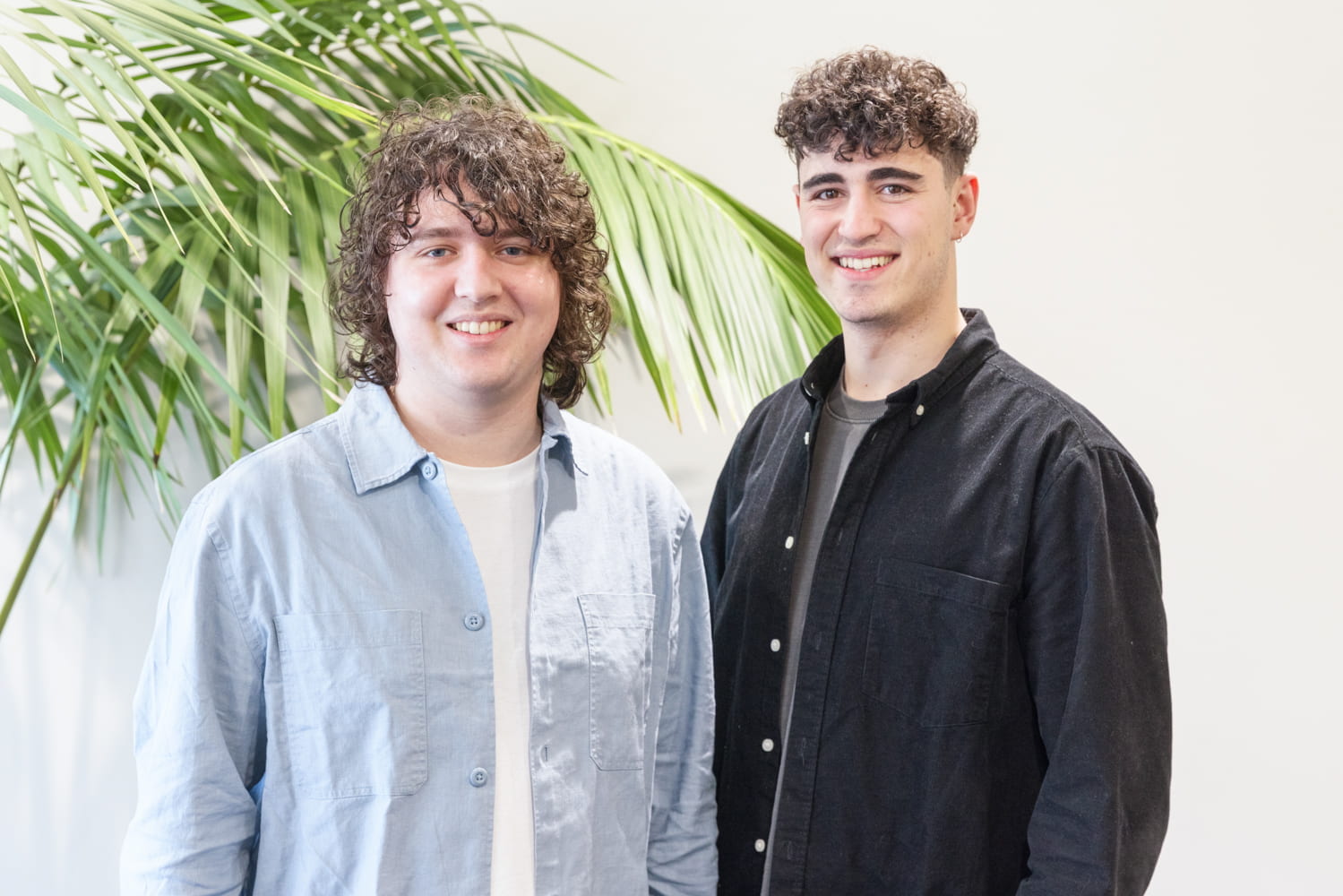
Fresh water is an indispensable resource, and we cannot survive without it. Population and industry growth have put pressure on our precious waterways and local and central governments now have the weight of managing these systems on their shoulders.
Essential to managing waterways is monitoring water health. Currently this is primarily done by taking limited samples by hand and sending them to a lab for examination. Waterways are vast, and accurate monitoring would require taking masses of samples from points across an entire waterway, which is not feasible.
Delta Waterways, a student start-up from the University of Auckland and Auckland University of Technology, has developed an innovative solution that uses high-tech satellite data to monitor waterways remotely. Measurements can be taken anywhere at a much higher frequency and generate hundreds of thousands more datapoints than the current hand sample method. Using advanced data analysis techniques and machine learning, conclusions can be drawn about waterway health, the surrounding land and the interaction between the two. Implementation of Delta Waterways’ cutting-edge solution has the potential to save councils time and money, while returning better than ever before data about the health of waterways via a monitoring software tool.
The team comprises of University of Auckland science alumnus James Lear, electrical engineering student Brendan Bell and science student Ander Castelltort.
Lear came up with the initial idea while the group were participating in the New Zealand Geospatial hackathon. Bell says “The hackathon was a competition where we were essentially given some satellite imagery and had 24 hours to do something cool with it. That 24-hour period was the origin of our initial prototype.” Their idea won them second place overall in New Zealand and set into motion their mission to launch environmental monitoring into a new era.
The team entered the University of Auckland’s Velocity $100k Challenge, the entrepreneurship competition administered by the Business school’s Centre for Innovation and Entrepreneurship (CIE). Winning the New Ventures category, they received $5,000 seed capital and a place in CIE’s VentureLab incubator programme.
The team have also recently been recognised internationally, bringing home the U21 RISE award for ‘Most Potential’.
Bell says “VentureLab was invaluable in progressing our idea into an actual business. The six-month journey was very engaging; weekly meetings with mentors, and frequent workshops with industry experts around things like IP and company structure. There’s also the cohort support aspect of being surrounded by people that know exactly what kind of struggle you’re going through.”
Rapidly maturing from university students to entrepreneurs in the space of a year, the team had to very quickly grow their confidence in approaching entities bigger than themselves. Bell says, “It was daunting to think that we weren’t worth their time or that they had more important things to do than talk to a group of students, but once we pushed through those thoughts, we realised that people would make time for us if what we were developing was as great as we thought it was.”
They have developed close relationships with local councils, as well as Eagle Technology who have been supporting them with free satellite imagery during their testing phase. Gearing up for trials next year, Bell says “Initially we are targeting councils, but with the release of the next generation of satellites late next year we will be able to begin things like chemical analysis and begin to serve additional customer segments such as farmers and industrial entities.”
Expanding internationally is also under discussion. Their ability to access satellite data from all over the planet means there is potential to deliver their waterway monitoring solution globally. Bell says, “We have already identified that places such as western Europe are similar in climate and geographic to New Zealand and thus, they should be the easiest to expand to first from a technological perspective.”
To other young entrepreneurs, Bell advises, “New Zealand is very interconnected and in the start-up world, everyone knows everyone. Don’t be scared to approach people and don’t be scared to leverage your connections to find more. My one caveat would be, have a plan when you approach people. Have a list of questions or a specific ask in mind: “Do you know anyone who…”, “Do you have any experience with…”. If you go in prepared, people will be much more receptive to your requests.”

Recent Comments